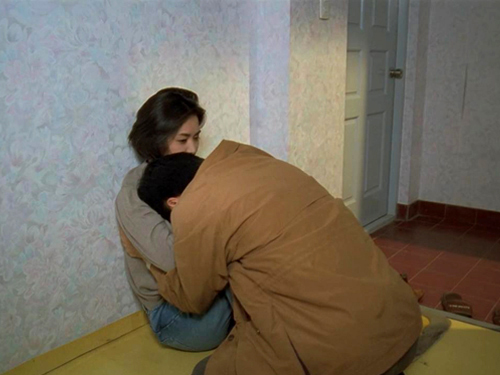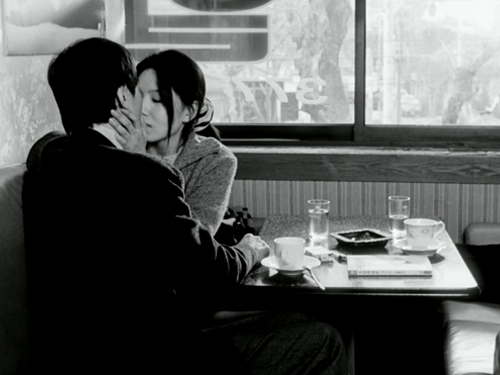Jean-Michel Frodon
Jean-Michel Frodon, pseudonym of Jean-Michel Billard (1953), is a French film historian, critic and journalist. He started working as a critic in 1983 for Le Point, a weekly periodical founded by his father Pierre Billard, also a film critic. In 1990, Frodon started writing for Le Monde, where five years later he took over the daily film column. Between 2003 and 2009, he was the editorial director of Cahiers du Cinéma. Since then, he writes a regular blog called Projection publique on Slate.fr. He is also the founder of L’Exception, a think-tank on cinema. Frodon is responsible for many publications on cinema, including the acclaimed L'âge moderne du cinéma français (1995), Le cinéma et la Shoah: un art à l’épreuve de la tragédie du 20e siècle (2007) and volumes on Hou Hsiao-hsien, Robert Bresson, Chris Marker, Edward Yang, Amos Gitaï, Olivier Assayas, Jia Zhangke, Jafar Panahi and Yasujirō Ozu. He currently teaches at Sciences Po in Paris.




